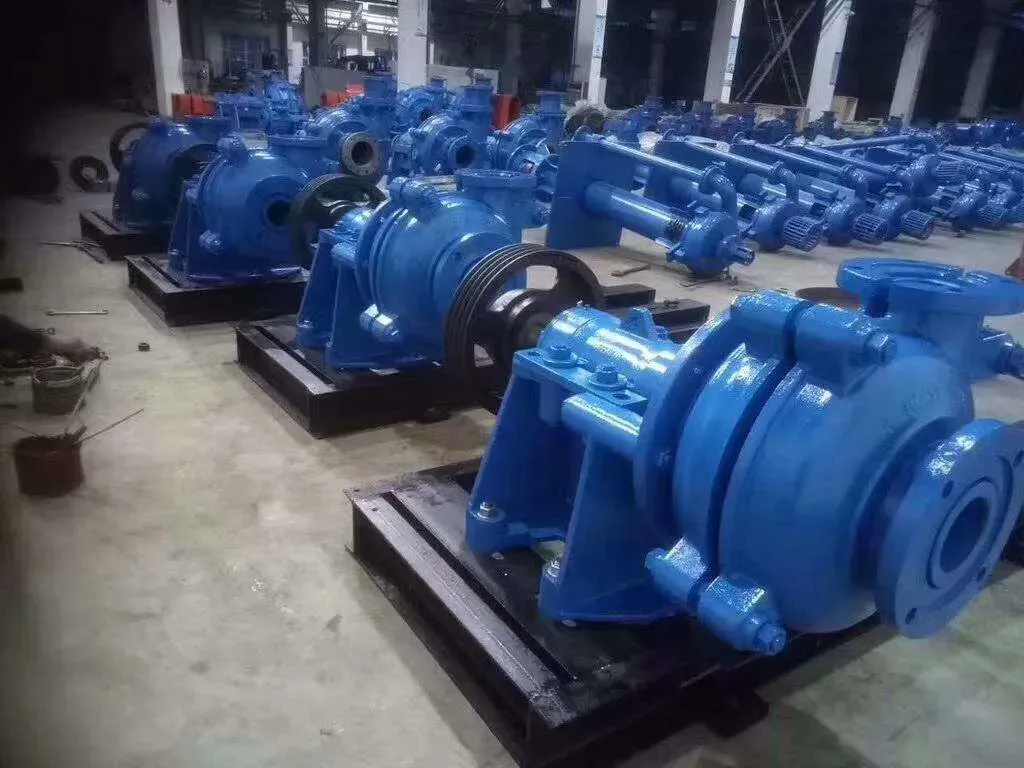Tamil
- Afrikaans
- Albanian
- Amharic
- Arabic
- Armenian
- Azerbaijani
- Basque
- Belarusian
- Bengali
- Bosnian
- Bulgarian
- Catalan
- Cebuano
- Corsican
- Croatian
- Czech
- Danish
- Dutch
- English
- Esperanto
- Estonian
- Finnish
- French
- Frisian
- Galician
- Georgian
- German
- Greek
- Gujarati
- Haitian Creole
- hausa
- hawaiian
- Hebrew
- Hindi
- Miao
- Hungarian
- Icelandic
- igbo
- Indonesian
- irish
- Italian
- Japanese
- Javanese
- Kannada
- kazakh
- Khmer
- Rwandese
- Korean
- Kurdish
- Kyrgyz
- Lao
- Latin
- Latvian
- Lithuanian
- Luxembourgish
- Macedonian
- Malgashi
- Malay
- Malayalam
- Maltese
- Maori
- Marathi
- Mongolian
- Myanmar
- Nepali
- Norwegian
- Norwegian
- Occitan
- Pashto
- Persian
- Polish
- Portuguese
- Punjabi
- Romanian
- Russian
- Samoan
- Scottish Gaelic
- Serbian
- Sesotho
- Shona
- Sindhi
- Sinhala
- Slovak
- Slovenian
- Somali
- Spanish
- Sundanese
- Swahili
- Swedish
- Tagalog
- Tajik
- Tamil
- Tatar
- Telugu
- Thai
- Turkish
- Turkmen
- Ukrainian
- Urdu
- Uighur
- Uzbek
- Vietnamese
- Welsh
- Bantu
- Yiddish
- Yoruba
- Zulu
Telephone: +86 13120555503
Email: frank@cypump.com
அக் . 15, 2024 17:44 Back to list
Optimizing Pump Performance in Chemical Processing Applications for Enhanced Efficiency
The Role of Pump Technology in the Chemical Industry
In the chemical industry, the movement and management of various fluids is fundamental to operations. Pumps serve as the heart of this fluid transfer system, facilitating the transport of chemicals through complex processes. With a wide range of applications, from moving corrosive substances to handling viscous materials, the choice of pump technology significantly impacts efficiency, safety, and operational costs.
Importance of Pumps in Chemical Processing
Pumps are integral to multiple stages of chemical processing, including transport, storage, mixing, and application. They are utilized in reactors, distillation columns, heat exchangers, and throughout the supply chain. The selection of an appropriate pump is critical, as it not only affects flow rates but also ensures the integrity of the product. Inappropriate choices can lead to leaks, spills, and even catastrophic failures that pose risks to both personnel and the environment.
The chemical industry often deals with diverse and challenging fluids, including toxic, flammable, and corrosive substances. This necessitates the use of specialized pumps that can withstand harsh conditions while providing reliable performance. The right pump enhances productivity, minimizes downtime, and reduces maintenance costs.
Types of Pumps in Chemical Applications
There are various types of pumps commonly used in chemical applications, each offering unique advantages according to the specific requirements of the task. These include
1. Centrifugal Pumps Widely used in the industry, centrifugal pumps are ideal for moving large volumes of low-viscosity liquids. They operate through the conversion of rotational energy from a motor into the hydrodynamic energy of the fluid. Their design facilitates high flow rates and is suitable for various chemical processes.
2. Positive Displacement Pumps This category includes gear, diaphragm, and piston pumps, designed to handle thick, viscous, or volatile fluids. Positive displacement pumps function by trapping a fixed volume of liquid and displacing it through the discharge outlet. They provide consistent flow rates regardless of changes in pressure, making them ideal for specialized chemical applications.
pump chemical

3. Magnetic Drive Pumps These pumps are designed to eliminate the risk of leakage, as they use a magnetic coupling to transfer energy from the motor to the pump impeller without direct contact. This feature is particularly advantageous for handling hazardous chemicals, as it minimizes environmental risks.
4. Diaphragm Pumps Known for their ability to handle corrosive fluids and slurries, diaphragm pumps utilize a flexible diaphragm to create a vacuum that draws fluid into a chamber and then forces it out. Their robust design makes them suitable for a wide range of chemical applications.
Innovation and Sustainability in Pump Technology
As the chemical industry evolves, so too does pump technology. Advances in materials, design, and smart technology have resulted in pumps that are more efficient, durable, and environmentally friendly. Manufacturers are increasingly adopting materials like engineered plastics and advanced alloys to resist corrosion and extend the lifespan of pumps.
Moreover, the integration of IoT (Internet of Things) technology has transformed pump operations. Smart sensors can monitor flow rates, pressure, and temperature, providing real-time data that enhances operational efficiency and predictive maintenance. This data-driven approach allows companies to optimize performance, reduce energy consumption, and minimize downtime.
Sustainability is becoming a critical focus in chemical manufacturing. Pumps that are designed for energy efficiency not only reduce operational costs but also lower carbon footprints. The adoption of energy-efficient motors and variable frequency drives (VFDs) contributes to the overall sustainability goals of chemical manufacturers.
Conclusion
In the chemical industry, pump technology plays a pivotal role in ensuring the safe and efficient movement of fluids. With the myriad of requirements presented by various chemicals, the careful selection of pump types and technologies can significantly influence the success of operations. As innovation continues to drive advances in pump design and functionality, the industry can expect enhanced efficiency, sustainability, and safety in its processes. Understanding and leveraging the right pump technology is essential for any chemical company's long-term success in a competitive landscape.
-
High-Performance Air Pumps for Sand & Gravel | Efficient Transport
NewsAug.03,2025
-
ISG Series Vertical Pipeline Pump - Chi Yuan Pumps Co., LTD.|Energy Efficiency, Corrosion Resistance
NewsAug.03,2025
-
ISG Series Pipeline Pump - Chi Yuan Pumps | Energy Efficiency&Compact Design
NewsAug.03,2025
-
ISG Series Vertical Pipeline Pump - Chi Yuan Pumps Co., LTD.|High Efficiency, Low Noise, Durable
NewsAug.02,2025
-
ISG Series Vertical Pipeline Pump - Chi Yuan Pumps | High Efficiency, Low Noise
NewsAug.02,2025
-
ISG Series Vertical Pipeline Pump- Chi Yuan Pumps Co., LTD.|High Efficiency&Compact Design
NewsAug.02,2025










